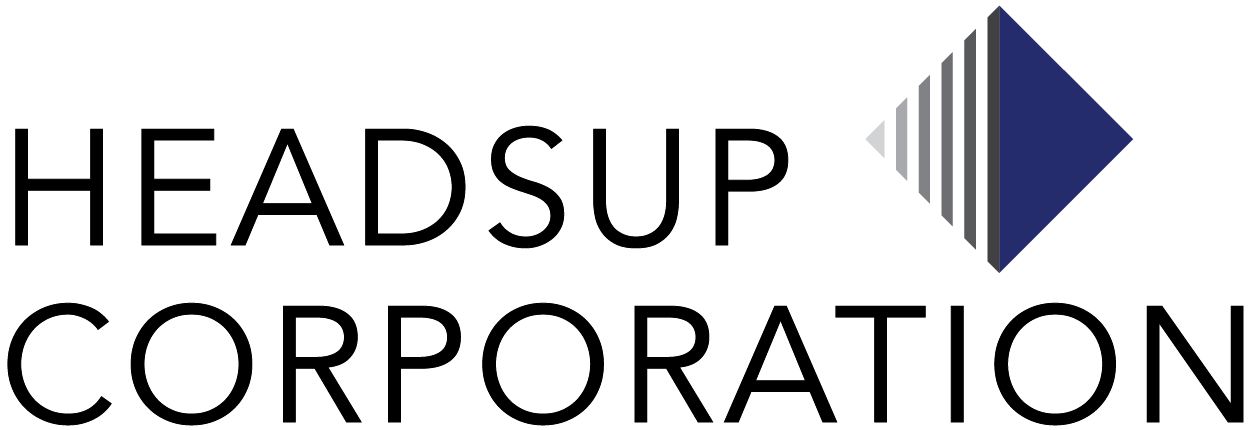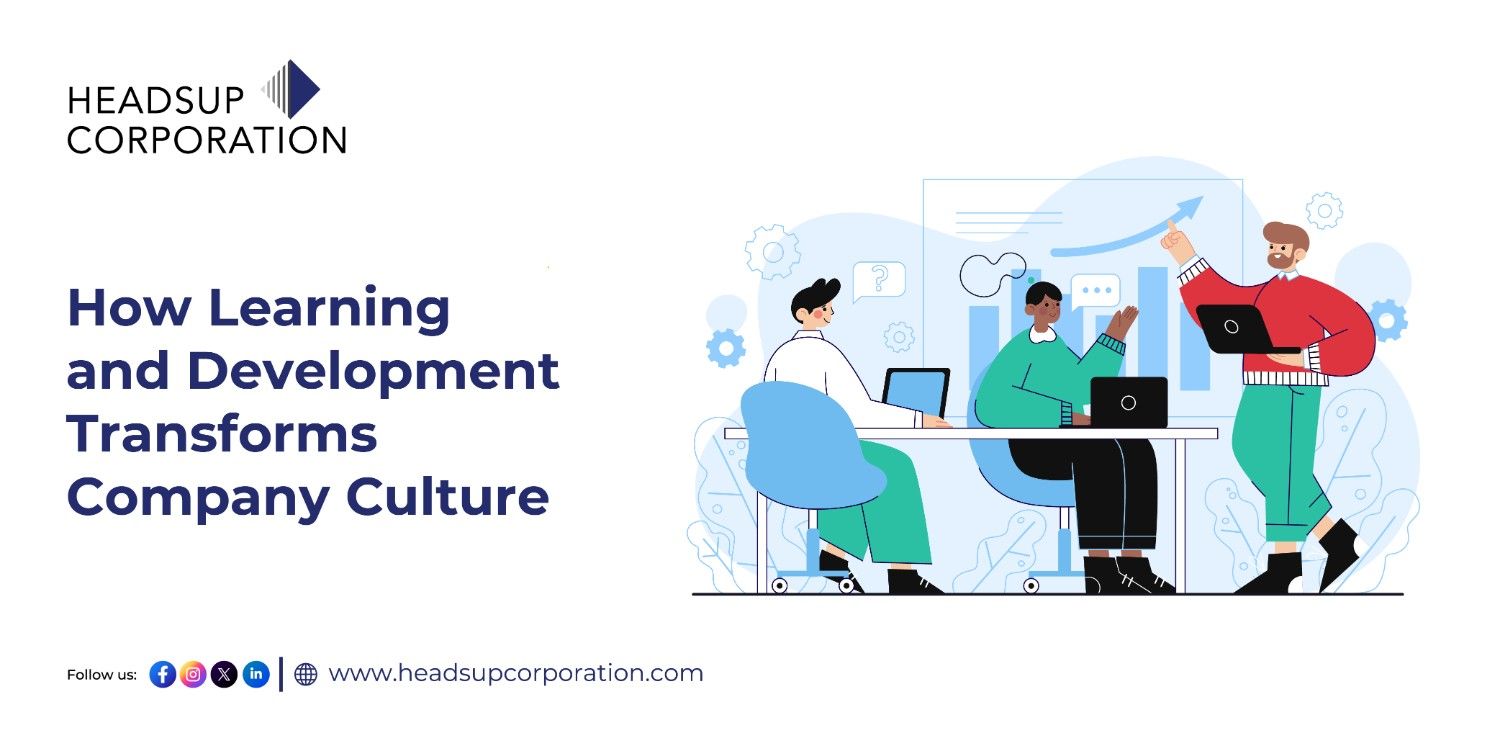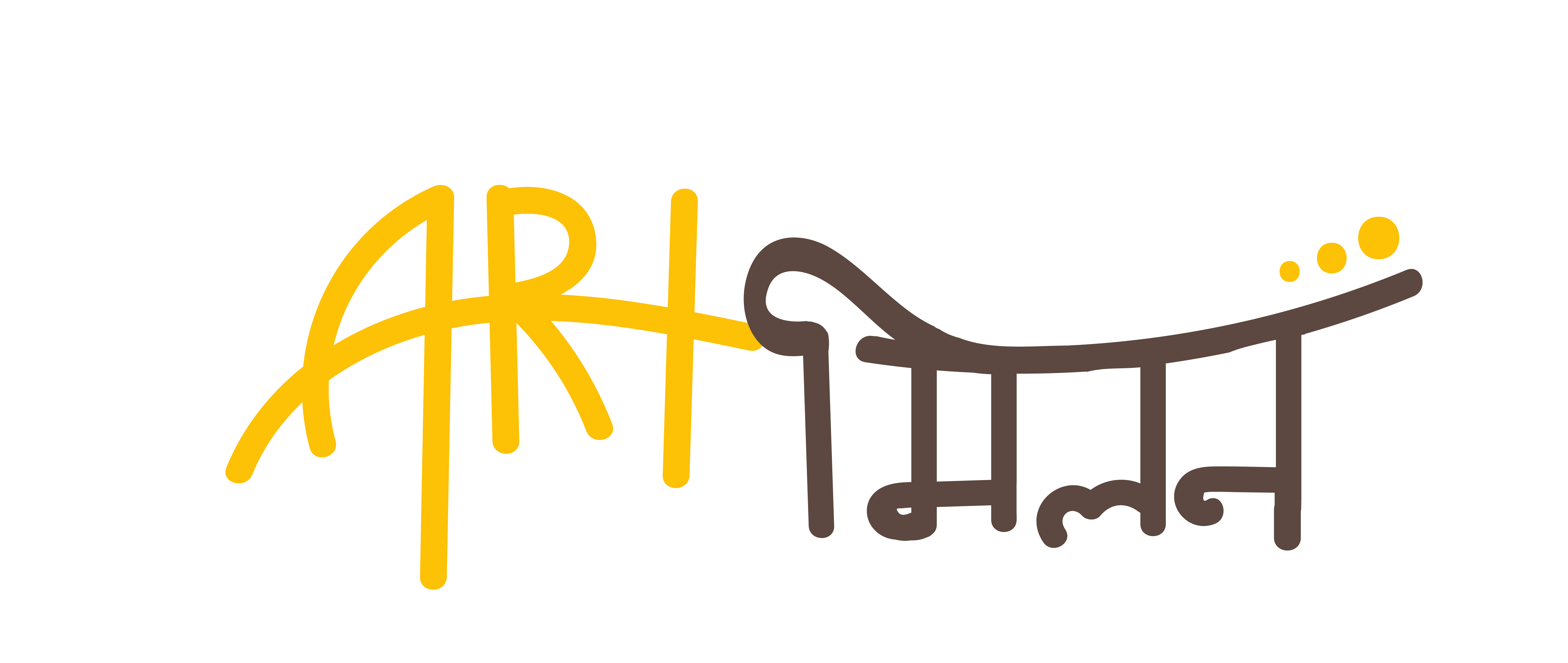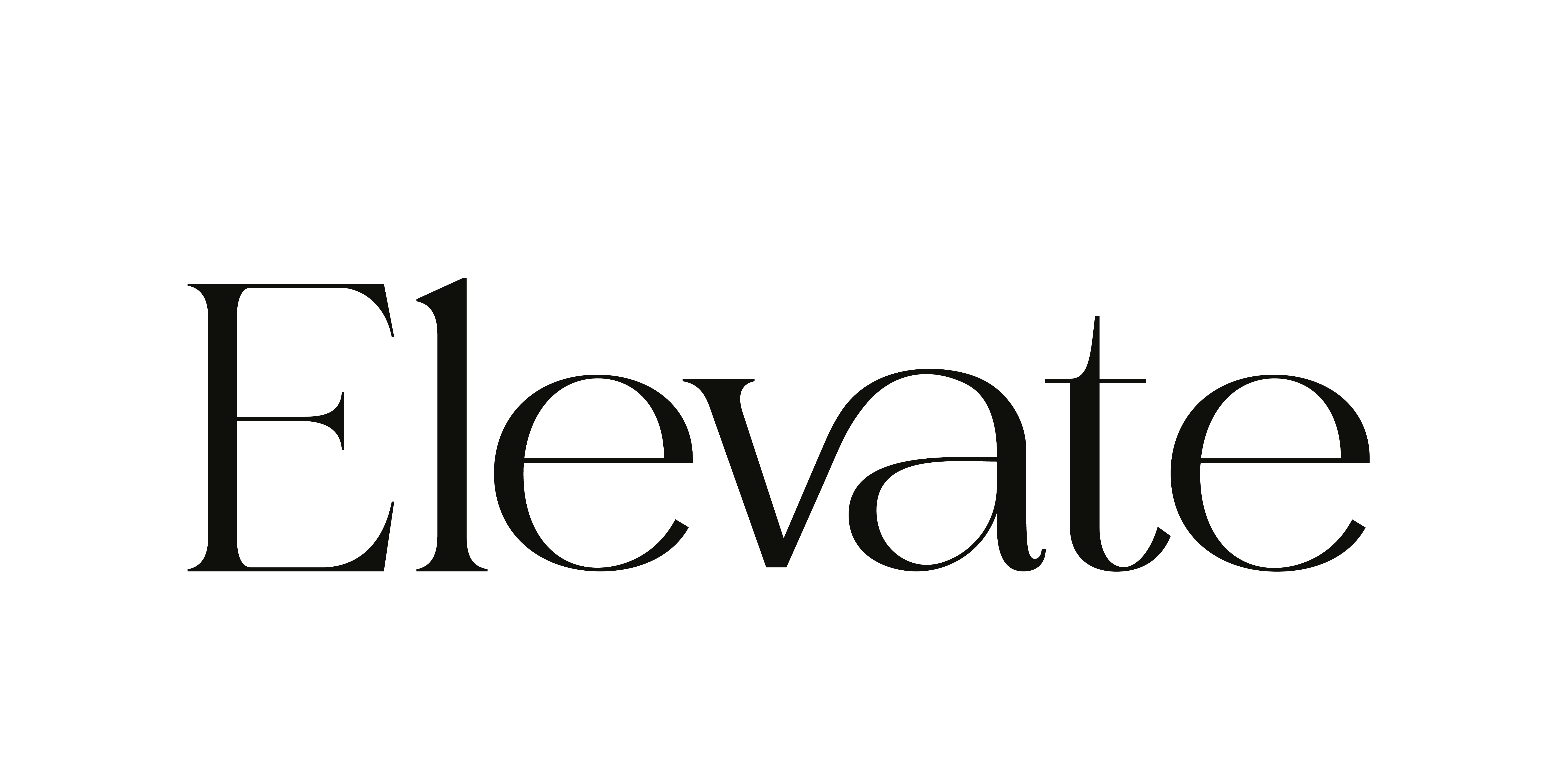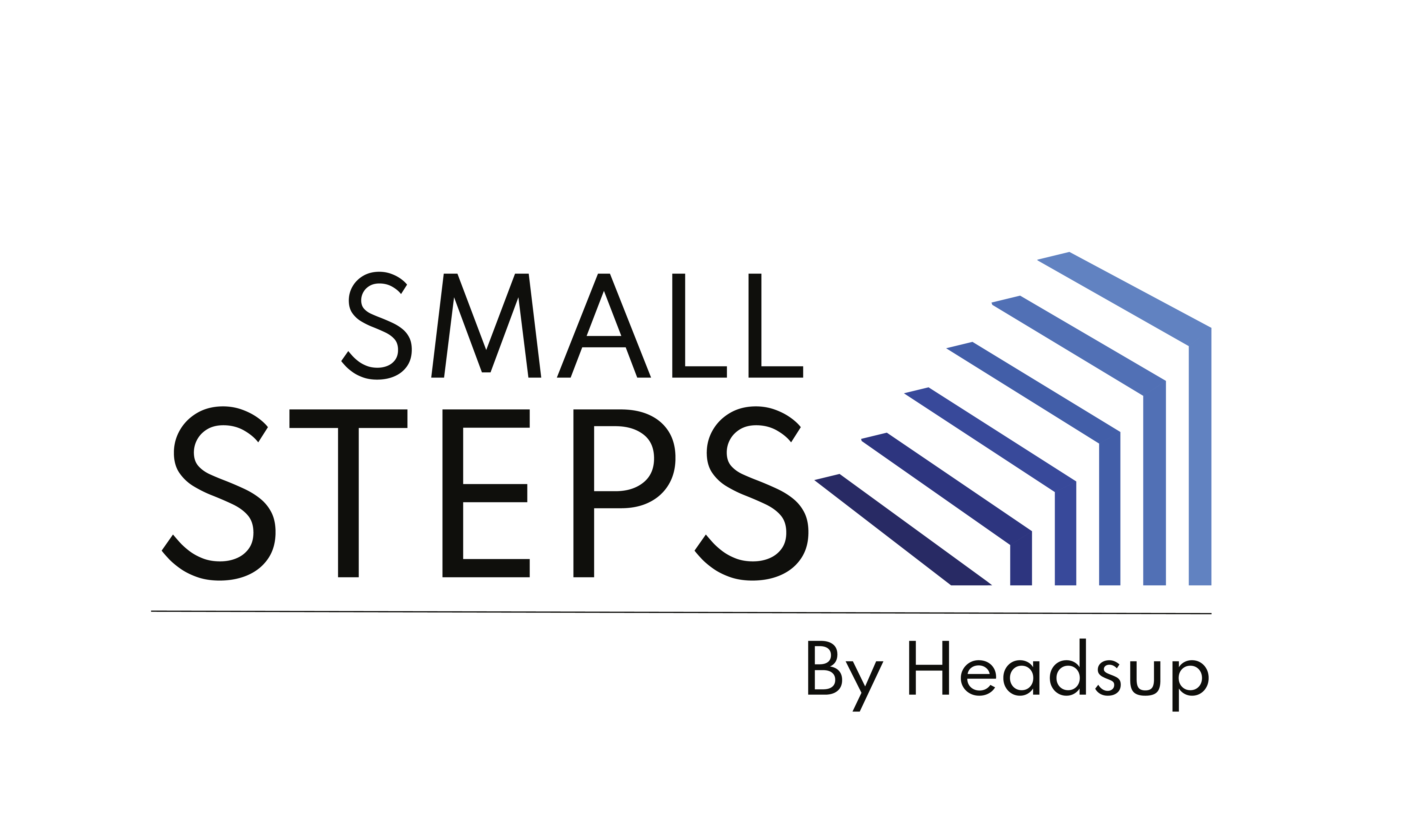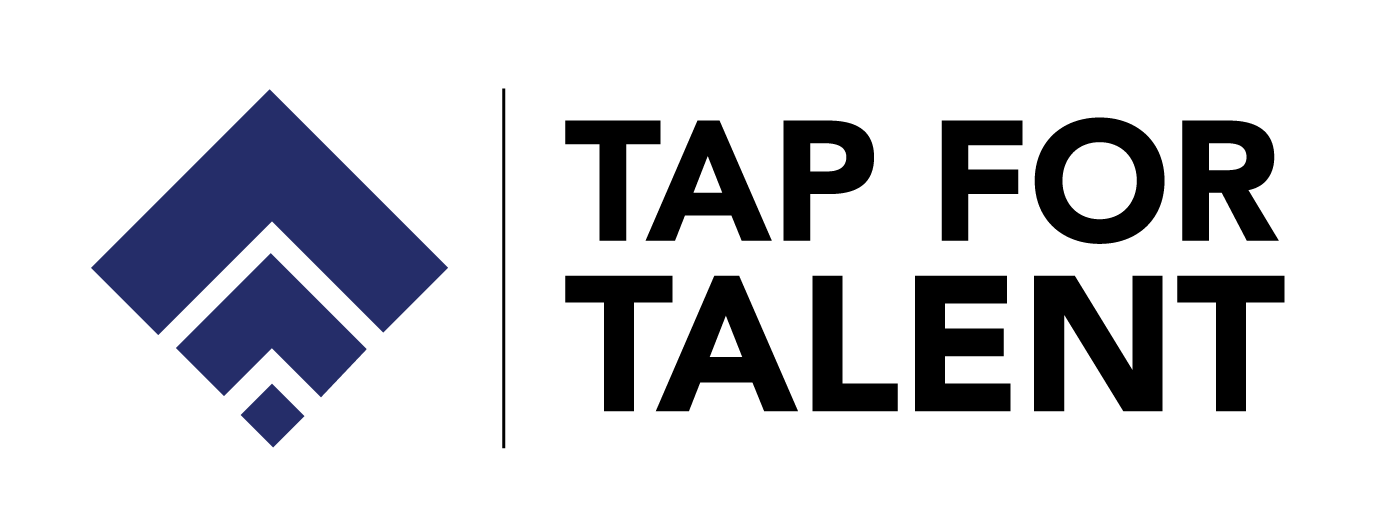When people talk about Learning and Development (L&D), they often imagine training rooms or leadership workshops. But L&D is much more than that; it’s the quiet, powerful engine that shapes how people think, grow, and connect at work. It’s not just about what employees learn; it’s about who they become in the process, and how that transformation ripples through an organisation’s culture. Think of an organisation as a smartphone. Your culture is the user interface, your people are the apps, your processes are the settings.
But what keeps the whole system up to date and high-performing? Learning & Development is the operating system, a system in which, without regular updates, even the best devices slow down. For example, apps crash, security weakens and performance drops. That’s exactly what happens in organisations where learning is optional or reactive. People or teams repeat mistakes, managers lose touch and culture becomes outdated. But when L&D is embedded into the organisation’s DNA, everything stays sharp:
- Employees understand the company’s goals, vision, and purpose.
- Teams learn how their work connects to business outcomes.
- New joiners quickly absorb culture, clients, and expectations.
- High performers get upskilled, challenged, and coached.
- Leaders grow into better decision-makers and culture-carriers
In other words, L&D doesn’t just teach people how to work. It teaches them why their work matters. It’s the difference between an organisation that simply functions and one that evolves and outperforms. This is why companies that invest in L&D don’t just build skills, they build alignment and a culture of continuous improvement.
Learning as Culture
Every organisation has an unspoken language, the way people make decisions, solve problems, and respond to challenges. L&D becomes the translator and amplifier of that language. When learning is embedded into daily life, employees stop seeing “training” as an isolated HR activity and start viewing it as part of how the organisation operates. A culture of learning says, “We don’t expect you to be perfect; we expect you to be curious.” It encourages humility, feedback-seeking, and experimentation, traits that become cultural norms over time.
Compliance with Curiosity
Traditional training often focuses on compliance with the mandatory modules, the checkboxes, and the policies.
Transformative L&D, on the other hand, shifts the focus from completion to curiosity. That’s where culture begins to change. When people are rewarded for exploring, sharing, and applying knowledge, not just memorising it, learning stops being a task and becomes a behaviour. At Headsup, our People Advisory Services perspective looks at L&D as a habit system, not a one-time intervention. It’s about creating ecosystems where employees feel empowered to:
- Seek feedback regularly
- Learn from peers and leaders alike.
- Link development goals directly to performance and purpose
Learning
If you really want to understand a company’s values, look at what it teaches. Do the workshops align with what’s celebrated internally? Are leadership programs focused on coaching and listening or just metrics and targets? When learning programs reflect organisational values, employees experience cultural consistency, for instance, a company that values collaboration might invest in peer-learning programs and team feedback sessions; one that values innovation might create internal hackathons or cross-functional learning pods.
Development: From Individuals to Ecosystems
An Individual Development Plan (IDP) is more than a personal growth document. It’s a cultural contract between the individual, their manager and the organisation.
When done right, IDPs help employees:
- Reflect on their strengths and aspirations.
- Get targeted support through learning pathways.
- See how their personal growth fuels business growth.
At scale, these individual reflections begin to form organisational patterns. You get a workforce that’s not just performing tasks, but understanding why those tasks matter. That’s how you move from a culture of doing to a culture of developing.
The Role of Managers
Culture doesn’t trickle down it’s taught, reinforced, and modeled every day. That’s why L&D initiatives work best when managers become mentors.
When leaders are equipped to:
- Conduct feedback conversations effectively.
- Coach their teams through challenges.
- Recognise learning as progress, not disruption.
The result is a sustainable learning loop.
Manager-driven learning is one of the strongest predictors of engagement. When employees see their leaders learning, they follow suit.
Continuous Listening
Learning and culture are both living systems; they thrive on feedback. That’s why progressive organisations don’t just design L&D programs; they listen to how employees experience them. Through pulse checks, team surveys, and self-evaluations, companies can evolve their programs to stay relevant and resonant. It’s the difference between delivering training and cultivating transformation. Because when employees feel heard, they’re more open to learn and that openness is culture in motion.
Let’s be honest, L&D can’t just be warm and fuzzy; it needs to show impact. But here’s the paradox: the best ROI of learning isn’t always on a dashboard, it’s in the way people behave.
You see it in:
- Employees who take initiative before being told
- Managers who coach instead of command
- Teams that handle change with agility instead of anxiety
L&D, when designed right, bridges the gap between people and purpose. It operationalises culture, values, and turns them into lived behaviours.
At Headsup, our approach to Learning and Development under PAS focuses on:
- Skill-aligned growth: mapping training needs to business goals
- Empathy-led design: using feedback loops to tailor learning journeys
- Leadership readiness: preparing talent pipelines for future transitions
- Continuous reflection: linking learning to performance conversations
At Headsup, we look at Learning & Development not as a “training function,” but as a strategic culture lever.
Our PAS (People Advisory Services) team works with organisations to build L&D ecosystems that strengthen performance, culture, and long-term growth. We design learning journeys based on your business priorities and capability gaps, no generic workshops, no fit-for-all modules. Every program connects directly to the organisation’s goals and cultural aspirations. Everything we build is backed by workplace insights, behavioural understanding, and continuous listening. Our learning programs grow with your people and your business, not ahead of them or behind them.
